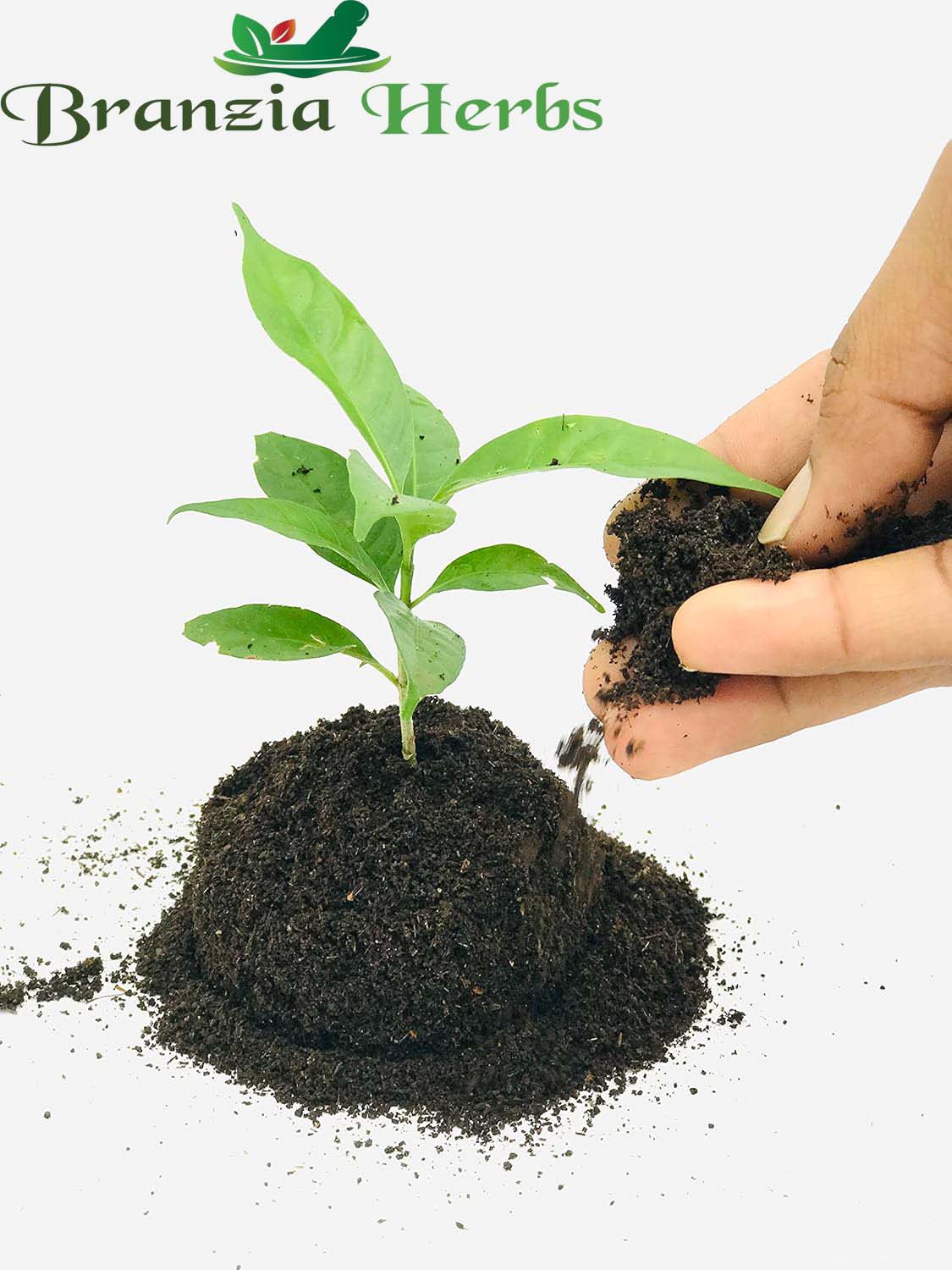-
Plant Description:
-
Scientific Name: Madhuca longifolia.
-
Appearance: Bilas Papda is a large, deciduous tree that can reach up to 20 meters in height. It has broad, glossy leaves and produces large, fragrant, white or cream-colored flowers. The fruit is a spherical drupe containing seeds.
-
Traditional Uses:
-
Medicinal Uses: The flowers, seeds, and bark of the Bilas Papda tree are used in traditional medicine for various purposes:
-
Digestive Health: The flowers and seeds are used to treat digestive disorders such as diarrhea, dysentery, and stomachaches.
-
Anti-inflammatory: The plant has anti-inflammatory properties and is used to manage inflammation-related conditions.
-
Skin Health: Extracts from the plant are used to treat skin conditions and wounds due to their antimicrobial and healing properties.
-
Diabetes Management: Some traditional practices use the plant for its potential benefits in managing blood sugar levels.
-
Preparation and Use:
-
Powdered Form: The dried flowers or seeds can be ground into a powder and used in traditional herbal formulations.
-
Infusions and Decoctions: The plant parts can be used to make infusions or decoctions for internal use.
-
Topical Applications: Extracts or poultices made from the plant are applied topically to treat skin conditions and wounds.
-
Properties:
-
Antimicrobial: The plant has antimicrobial properties, which help in treating infections.
-
Anti-inflammatory: It is known for its anti-inflammatory effects, useful in managing inflammation and pain.
-
Digestive Health: It has digestive properties that help in treating gastrointestinal issues.
-
Economic and Cultural Significance:
-
Economic Uses: The Mahua tree is economically significant in many regions. The flowers are collected and used to make an alcoholic beverage known as Mahua wine. The seeds are also used for oil extraction.
-
Cultural Importance: In various cultures, the tree holds cultural and traditional significance, and its parts are used in rituals and ceremonies.
Note:
While Bilas Papda (Mahua) has traditional uses and benefits, modern scientific research on its efficacy and safety is still ongoing. It is advisable to consult with a healthcare professional before using any part of the plant, especially if you have existing health conditions or are taking other medications. Traditional remedies should be approached with care and ideally under the guidance of a qualified practitioner.




